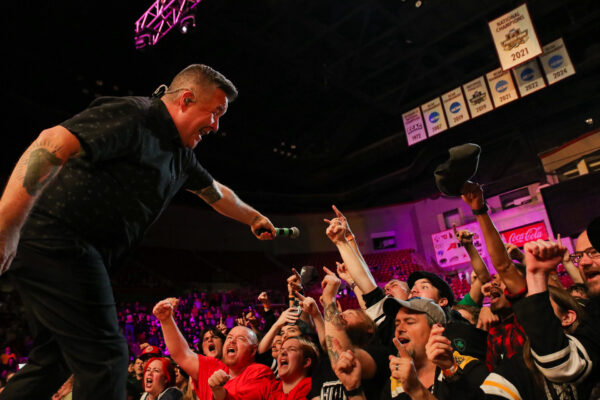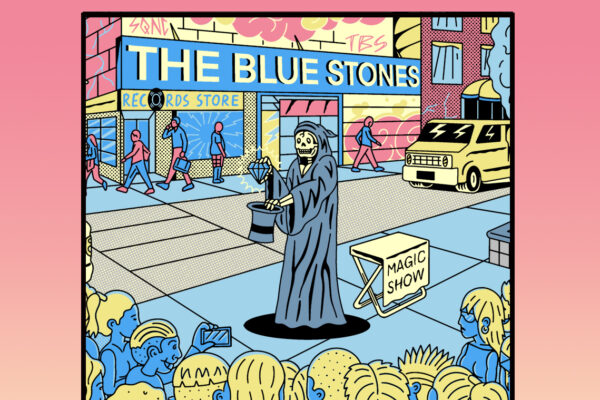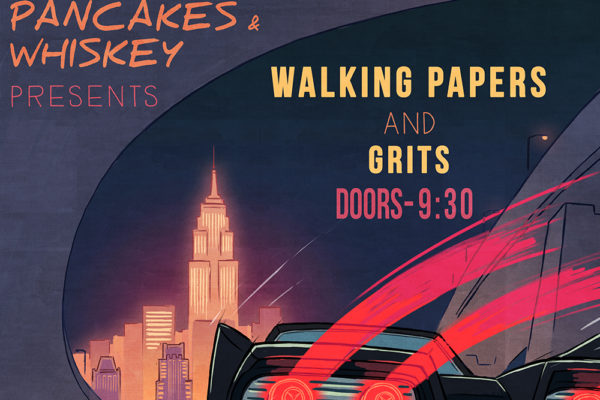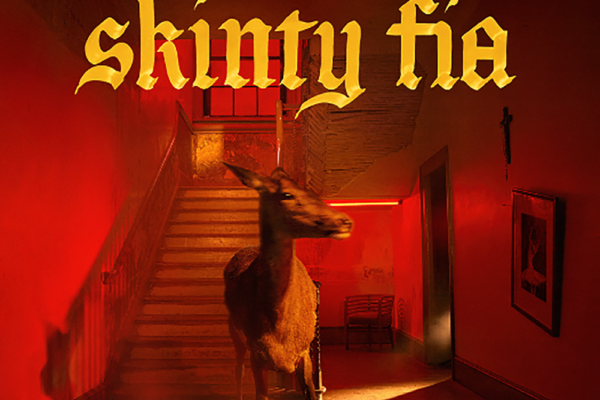To be an artist, one necessarily has to be influenced by two streams: one within, one without. That is to say that an artist must take what he has found in the real world, and internalize it, to craft it, hold it true, and then externalize it as art form. The ancient Lascaux painters did not create art from whole cloth when they spread color against the walls, they took the figures and forms they saw and reproduced them as only they could. After 170 centuries, 17 millenia, Picasso was essentially doing the same thing when he painted women in refracted lines, and he did it like no one else. He took into account the anxiety of influence, the very notion that every artist that has come after those cave painters have necessarily looked upon their predecessors simply being in the real world. An artist must not appear to have been overtly influenced by those that came before them, or else they are imitators, all while creating something within the framework of the pre-existing art form so as not to be so abstract that no one will appreciate it. This balancing act has been performed by every great artist, with no exceptions, and it is what Sam Evian does incredibly well on his debut album, Premium.
The album’s opener “Sleep Easy” introduces us to Evian’s breathy vocals and laid-back, mellow sound over what is essentially “Sweet Jane,” the later Velvet Underground classic. But it’s not. Right when Lou Reed lands back on the fifth after a pause on the minor chord, but Evian takes that refrain and opens it up into something entirely new. What’s there is homage instead of crass borrowing, novelty instead theft. And this continues throughout the album. The very next track, “Cactus,” could be the love child of Beat Happening and Jenny Lewis (her solo career). The next, “Dark Love,” a riff on what Jeff Lynne did best in Electric Light Orchestra if he was a member of Air. And Evian continues this pattern of revisionist rock music throughout the album. A consummate lover of music will find their favorite band here or there, but really what they’ve found is Sam Evian.
[soundcloud url=”https://api.soundcloud.com/playlists/233816014″ params=”color=ff5500&auto_play=false&hide_related=false&show_comments=true&show_user=true&show_reposts=false” width=”100%” height=”450″ iframe=”true” /]
What he is is a revivalist. Like how each generation chooses the weirdest, most obscure mores of previous generations to obsess over and make their own. Bell-bottom pants and skinny ties are always eventually going to come back into style (along with that brand of gum you like). Premium obsesses over chorus/flanger pedals on guitars from every post-White Album rock record, and synths tones that came back from the future. His falsetto voice, indicative of this period, spends most of the album coming through clearly, pristine, which makes the effect that much greater on “Carolina” when it is forced out of a vocoder a la Kanye West. It is on this same album that a lap-steel finds itself completely at home on more than one track buttressed right next to those synths. Like clothing trends these sounds are reconfigured to add whatever will become our bell bottoms and skinny ties creating a melting pot of style.
This is Evian’s greatest accomplishment. A music reviewer’s job is essentially to not be fooled: the lame sorted out into one pile, the great sorted out into another pile. How else can this be done if not comparing it to some previous standard, even where none might exist? With Premium, the allusions are there to be sorted out by attentive ears, but they also don’t obscure the great album that exists because of those allusions. Newton said, if I have seen farther, it is because I stand on the shoulders of giants, and to some great extent we all have giants at our feet. (Even this review relies heavily on the pre-existing work done by Harold Bloom in The Anxiety of Influence and Kirby Ferguson’s Everything is a Remix.) Sam Evian is standing on the shoulders of the right giants, the ones that will ensure good reviews as far as the eye can see.
Follow Sam on Facebook, Twitter & Instagram
Article: Christopher Gilson











